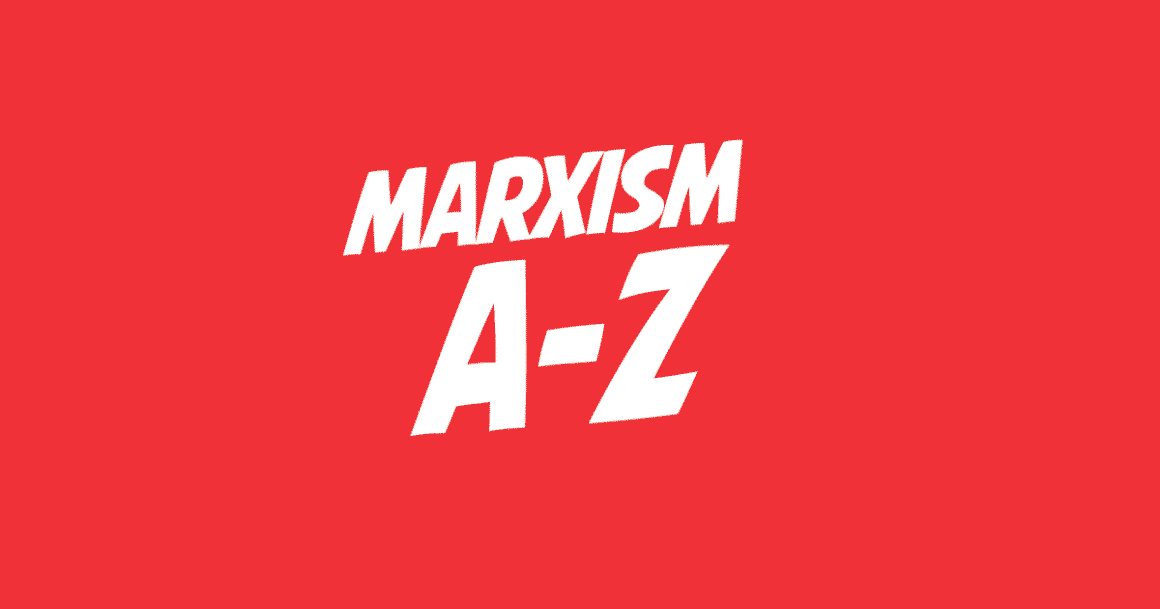

Why do Marxists always go on about “the proletariat”? Why don’t we just say “workers”? and anyway – who are the workers? Don’t bank managers and executives go to work and get a salary cheque like everybody else?
Most people can see that there is class inequality in Britain and around the world. But what they mean by “class” are differences based on language, culture, education and income. This “common sense” view of class is reinforced by academic sociology, which sees social conflicts in terms of “group behaviour”.
For Marxists, class means something more fundamental. Classes are defined, essentially, by the role certain groups of people play in the prevailing system of production. “All history”, Marx wrote, “is the history of class struggle.” Ancient and Medieval societies contained numerous classes and sub-classes (“castes”) in struggle with each other over the distribution of the surplus product.
The vast majority – whether they were exploiters or exploited – had some direct relationship as consumers to the products they produced. Throughout history small farmers and small craftsmen have produced goods for their own consumption and then traded the surplus in a small, local market – after paying what they owed to the ruling class in the form of tithes, rents and tributes.
The emergence of capitalism created a new situation. With the rise of factory production and the driving of most of the peasants from the land, the majority of working people now owned little or no property. Craftsmen who had previously owned their tools, and peasants who had owned small land holdings, now found themselves in factories where they owned none of the instruments of production.
They owned only one thing – their ability to work. In order to eat they had to sell themselves daily to the capitalist employers. To describe this new class Marx used a term from ancient history. In ancient Rome the “proletarii” had been a small class of day labourers who owned only their ability to labour.
When Marxists use the word “proletarian” they are using a scientific category which means far more than just somebody who goes to work in the morning. The term “proletarian” may sound a bit pompous (in English speaking countries) in a factory leaflet. But it is essential when we are trying to understand, scientifically, how society works.
The proletariat, by definition, owns none of the means of production. Of course, today the better off workers own cars, houses, sound systems etc. But they do not own the factories, the offices, the machinery or the tools of their trade.
This puts the bosses at an enormous advantage. They turn their wealth into social power; they enforce the basic inequality in property ownership into inequality in the eyes of the law. Flesh and blood can be put on this idea if we think about the daily experience of millions of workers in non-union workplaces, facing the constant threat of arbitrary dismissal. The boss can sack you; you can’t sack him or her. The employer can make sure you “never work in this industry again”.
Even the terms of dismissal reported to the DWP by the boss can determine whether you get the full amount of dole. If your boss breaks a contract with another boss, a lengthy and expensive legal battle will ensue. The aim will be to make sure that the whole system of binding contracts, on which capitalist commerce takes place, is not undermined. But the boss can terminate your contract of employment at will. If you have been working for less than two years at your workplace you have no right to appeal for unfair dismissal. Even if you do appeal, you do not have the right to be reinstated.
That we have got any employment rights at all, a limited working day, and in some countries a minimum wage, is due to the fact that workers exercise the only social power we have – getting together to enforce our demands through united action.
In short, the class struggle. Marxists see the class struggle as a logical and inescapable consequence of class structure. Without ever hearing the word socialism – or even “proletariat” – the working class is forced spontaneously to resist the capitalists’ attempts to dictate the terms of exploitation.
Out of this spontaneous struggle comes collectivity. To stand a chance against not just one boss but whole banqueting halls full of them, combined in their employers’ federations, backed by their police chiefs, their newspapers and TV stations, the workers have only one weapon: solidarity.
What revolutionary communism is about is simply this; do we use that solidarity to win a bigger slice of the cake, for some of us, for a short while? Or do we want – as the old socialist saying goes – “the whole damn bakery”?
The working class, because it owns no property of its own in the means of production, can only seize hold of the means of production collectively; by expropriation without compensation.
The proletariat is the first class in history which has a real chance of bringing in a classless society. There is no class below the proletariat for us to rule over when we win. There is nothing in our daily lives which teaches us to see other human beings as our wage slaves.
Once you understand that, the secret is out. The huddled, bedraggled mass of people, elbowing their way to work on a Monday morning, queuing up for the dole, staggering home from the pub on a Saturday night – often with their minds focused no further than next week’s wage packet – are, as Marx put it, “the class which holds the future in its hands”: the working class, the proletariat.